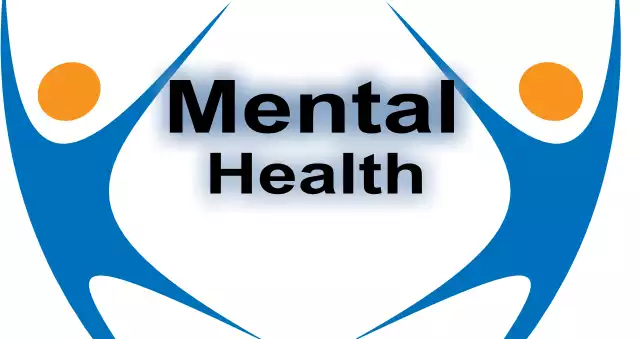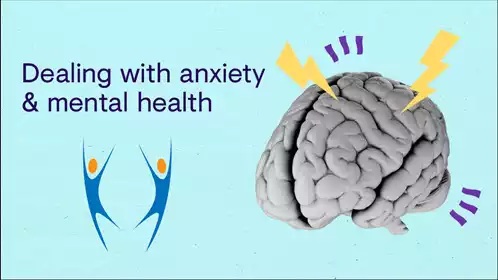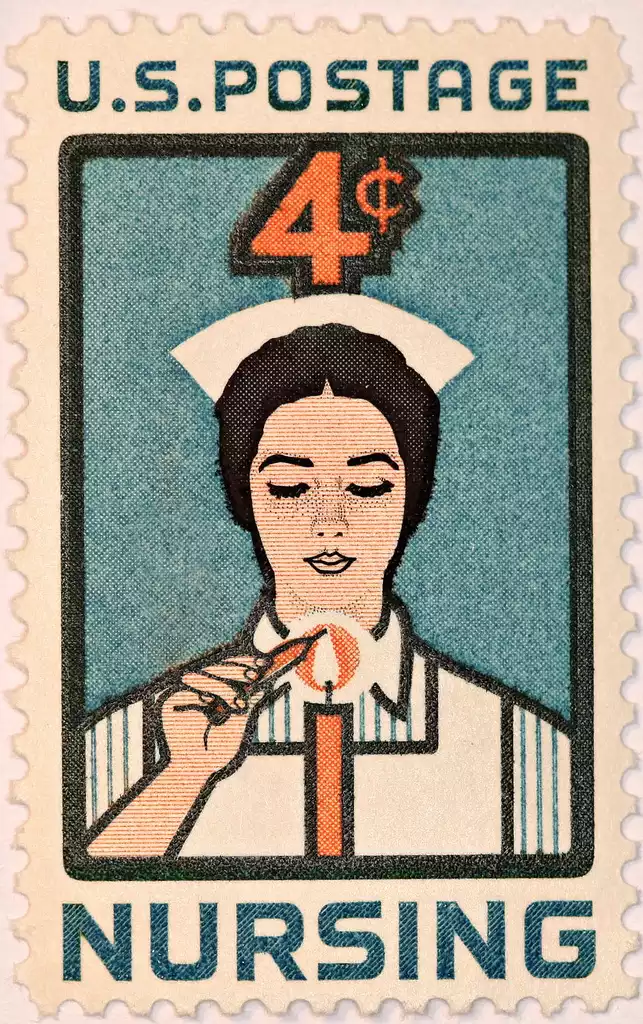Depressed Millennial To Mental Health
Let’s cut through the fog and face the raw reality: depression doesn’t play by any rules, and it doesn’t give a damn about your schedule.
The No-Bullshit Guide to Depression is here to strip away the sugar-coating and tackle this pervasive mental health issue head-on.
Forget the clichés and the overly clinical jargon that often make people feel more isolated than understood.
This guide aims to provide you with clear, actionable insights that bypass the fluff and get straight to Depressed Millennial To Mental Health what matters—understanding, managing, and living with depression in a way that’s real.
In a world where Instagram filters can mask our true selves and motivational posters seem like cruel jokes on our darkest days, it’s crucial to have an honest conversation about what you’re going through.
Whether you’re battling this beast yourself or supporting someone who is, knowing how to navigate depression without getting lost in euphemisms is vital for genuine progress.
So buckle up; this isn’t your typical self-help spiel but rather a straightforward map designed to help you reclaim control over your life.
Depression is a complex and often misunderstood mental health condition that affects millions of individuals worldwide.
Despite its prevalence, there is still a significant amount of stigma and misinformation surrounding depression, making it challenging for those who suffer from it to seek help and support.
As a result, many people struggle in silence, feeling helpless and alone in the midst of their emotional turmoil.
That is why it is crucial to have a no-bullshit guide to depression, one that cuts through the noise and provides practical and evidence-based information to help individuals understand and cope with this debilitating illness.
In this article, we will delve into the ins and outs of depression, debunking common myths and providing actionable tips to navigate through the darkness.
Whether you are someone who is personally dealing with depression or know someone who is, this guide aims to provide a clear and honest perspective on this often-misunderstood condition.
So, let’s put aside the gloss and get down to the nitty-gritty of depression, because sometimes, the most effective approach is a no-bullshit one.
Table of Contents Depressed Millennial To Mental Health
Understanding the causes of depression
Depression is a complex mental health condition that can be influenced by a variety of factors.
While it is important to note that individuals may experience depression differently and the causes can vary from person to person, there are some common underlying factors that contribute to its development.
Biological factors such as genetics, imbalances in neurotransmitters, and hormonal changes can play a significant role in predisposing someone to depression.
Additionally, psychological factors like a history of trauma or abuse, chronic stress, and negative thinking patterns can contribute to the onset and maintenance of depressive symptoms.
Social factors such as isolation, lack of support systems, and difficult life events can also contribute to the development of depression.
Understanding these causes is essential in addressing and effectively managing this debilitating condition.
Identifying the signs and symptoms
Recognizing the signs and symptoms of depression is crucial in order to seek appropriate help and support.
While the experiences of individuals may vary, there are several common indicators to be aware of.
Persistent feelings of sadness, hopelessness, or emptiness are often prominent in individuals with depression.
They may experience a loss of interest or pleasure in activities they once enjoyed, along with significant changes in appetite and weight.
Fatigue, low energy levels, and difficulty concentrating or making decisions are also frequently reported.
Sleep disturbances, such as insomnia or excessive sleeping, may be present.
Additionally, feelings of worthlessness, excessive guilt, or recurring thoughts of death or suicide should not be ignored.
It is important to remember that these symptoms can manifest differently in each individual, and a professional assessment is necessary for an accurate diagnosis and appropriate treatment.
Seeking help from a professional
In the journey towards overcoming depression, seeking help from a qualified professional is an essential step.
These individuals possess the knowledge, expertise, and experience to provide effective guidance and support tailored to your specific needs.
Whether it be a psychiatrist, psychologist, or therapist, these professionals can assist in accurately diagnosing your condition and developing a comprehensive treatment plan.
They will employ evidence-based therapies and interventions, such as cognitive-behavioral therapy or medication management, to help alleviate symptoms and promote mental well-being.
Moreover, professionals can offer a safe and non-judgmental space for you to express your thoughts and emotions, facilitating a process of self-discovery and healing.
Remember, reaching out to a professional is a sign of strength and a crucial step towards reclaiming control of your life.
Finding the right treatment plan
One of the key aspects of managing depression is finding the right treatment plan that works for you.
This involves collaborating with your healthcare provider to determine the most effective approach for your unique circumstances.
It is important to be open and honest about your symptoms, past treatment experiences, and any concerns or preferences you may have.
Your healthcare provider will consider various factors, such as the severity of your depression, any co-existing conditions, and your personal goals, when developing a tailored treatment plan.
This may include a combination of therapy, medication, lifestyle changes, and support networks.
Regular and open communication with your healthcare provider is crucial to monitor your progress, make adjustments as needed, and ensure that you are on a path towards improved mental well-being.
Remember, finding the right treatment plan is a process, and it may require some trial and error.
Patience and perseverance are key as you work towards finding strategies that best support your journey towards recovery.
Developing a support system
Building a support system is another crucial component in effectively managing depression.
Surrounding yourself with a network of understanding and empathetic individuals can provide invaluable emotional support during difficult times.
This support system can consist of trusted friends, family members, or even support groups or online communities comprised of individuals who have experienced similar challenges.
Engaging in regular conversations and sharing your experiences with others who can relate to your struggles can create a sense of belonging and reduce the feelings of isolation that often accompany depression.
Additionally, seeking professional help from therapists or counselors who specialize in treating depression can offer guidance and practical strategies for coping with symptoms.
Remember, developing a support system takes time, effort, and vulnerability, but the benefits of having a strong support network are immeasurable in your journey towards managing depression.
Making lifestyle changes for improvement
In order to effectively manage and improve your mental health, it is important to consider making lifestyle changes that support your overall well-being.
This involves adopting healthy habits and routines that can have a positive impact on your mood and emotional state.
Incorporating regular exercise into your daily routine has been shown to release endorphins, reduce stress, and improve overall mental well-being.
Additionally, focusing on maintaining a balanced and nutritious diet can provide the necessary nutrients and energy for your body and mind to function optimally.
Prioritizing quality sleep and establishing a consistent sleep schedule can also greatly contribute to improved mental health.
Engaging in activities that bring you joy and fulfillment, such as hobbies or creative outlets, can provide a sense of purpose and help alleviate symptoms of depression.
Remember, making lifestyle changes takes time and effort, but the benefits of prioritizing your mental well-being are invaluable.
Coping with relapses and setbacks
It is not uncommon for individuals experiencing depression to encounter relapses and setbacks along their journey towards recovery.
Understanding and coping with these challenges is an essential part of managing and overcoming depression.
When faced with a relapse, it is important to remember that it does not signify failure or weakness.
Instead, view it as an opportunity for growth and learning.
Take the time to reflect on the factors that may have contributed to the relapse, such as increased stress or a change in routine, and identify strategies to address these triggers in the future.
Practicing self-compassion and seeking support from trusted friends, family, or healthcare professionals can also be instrumental in navigating through setbacks.
Remember that setbacks are a natural part of the recovery process, and with perseverance and the right support, you can regain control over your mental health.
The importance of self-care practices
Engaging in self-care practices is crucial for individuals dealing with depression.
Taking care of oneself physically, emotionally, and mentally plays a significant role in promoting overall well-being and managing symptoms of depression.
Incorporating self-care activities into daily routines can help alleviate stress, enhance mood, and improve overall quality of life.
This may include activities such as getting regular exercise, eating a balanced diet, practicing relaxation techniques, engaging in hobbies or interests, and establishing healthy boundaries.
Prioritizing self-care is not a luxury, but a necessity in managing depression and fostering resilience.
By dedicating time and energy to self-care practices, individuals can empower themselves to navigate the challenges of depression with a greater sense of self-worth and self-compassion.
In conclusion, depression is a complex and challenging mental health issue that affects millions of people worldwide.
While there is no one-size-fits-all solution, seeking professional help and building a support system can greatly improve one’s ability to manage and overcome depression.
Remember to be patient with yourself and prioritize self-care.
Though it may be a difficult journey, with determination and the right resources, you can learn to navigate and cope with depression in a healthy and effective way.
Always remember, you are not alone and there is hope for a brighter future.
FAQ
What are some common misconceptions about depression that are debunked in The No-Bullshit Guide to Depression?
The No-Bullshit Guide to Depression debunks misconceptions that depression is just a temporary feeling, a sign of weakness, or something that can be easily overcome with positive thinking.
It emphasizes that depression is a serious mental health condition that requires professional help and support, and that seeking treatment is not a sign of failure.
The book also challenges the idea that those with depression are simply being lazy or seeking attention, highlighting the real struggles and complexities of living with this illness.
How does the author suggest approaching loved ones who are struggling with depression?
The author suggests approaching loved ones struggling with depression with compassion, empathy, and understanding.
It is important to listen actively, offer support without judgment, and encourage them to seek professional help if needed.
Showing patience, love, and being present for them during their difficult times can make a significant difference in their recovery journey.
It is also crucial to educate oneself about depression and its symptoms to better understand their struggles and provide appropriate support.
Overall, the key is to be there for them, show care, and be a source of comfort in their time of need.
What are some practical strategies outlined in the book for managing symptoms of depression on a day-to-day basis?
Some practical strategies outlined in the book for managing symptoms of depression on a day-to-day basis include developing a routine, getting regular exercise, practicing mindfulness and relaxation techniques, maintaining a healthy diet, seeking social support, setting achievable goals, challenging negative thoughts, and seeking professional help when needed.
These strategies can help individuals cope with their symptoms and improve their overall mental well-being.
How does The No-Bullshit Guide to Depression address the stigma surrounding mental health issues?
The No-Bullshit Guide to Depression addresses the stigma surrounding mental health issues by providing honest, straightforward information about depression and encouraging open conversations about mental health.
The book emphasizes the importance of seeking help and normalizes discussions about mental health, helping to break down the stigma associated with depression and other mental health conditions.
Through its candid and relatable approach, the guide aims to empower individuals to speak up, seek support, and prioritize their mental well-being without fear of judgment or shame.
What sets this book apart from other resources on depression and mental health?
This book stands out from other resources on depression and mental health by providing a unique blend of personal anecdotes, scientific research, and practical advice.
It offers a comprehensive understanding of the complexities of mental health issues while also providing actionable strategies for coping and healing.
The author’s honest and relatable approach makes the content accessible and engaging, appealing to a wide range of readers.
Overall, this book offers a holistic perspective on mental health that combines empathy, knowledge, and empowerment, setting it apart from other resources in the field.







